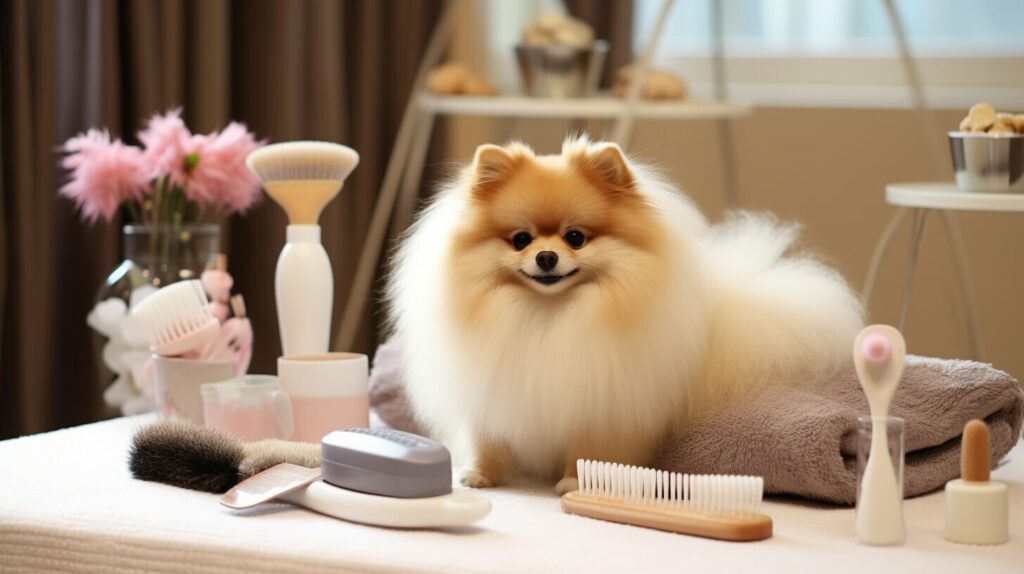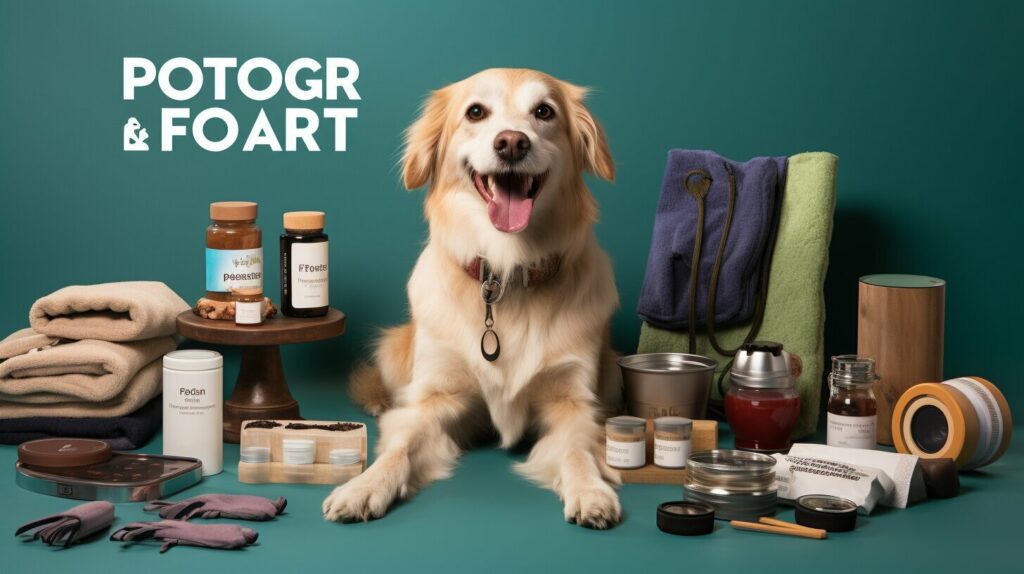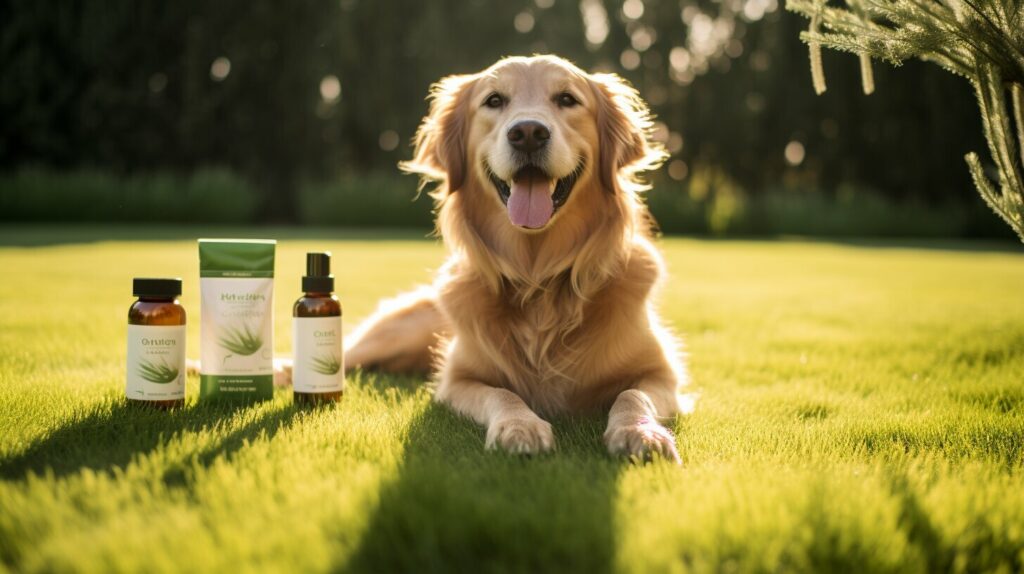If you’re considering adding a Pomeranian to your family, it’s important to understand the unique characteristics and care needs of this breed. Pomeranians are a small, fluffy type of dog that are known for their spunky personalities and loyal nature. In this article, we’ll cover everything you need to know about caring for Pomeranians, from their dietary needs to their grooming requirements.
Key Takeaways
- Pomeranians are small, fluffy dogs known for their spunky personalities and loyalty.
- Proper Pomeranian care includes attention to diet, grooming, and exercise needs.
- Pomeranians have unique health concerns that owners should watch for, including dental issues and joint problems.
Pomeranian Breed Information
If you’re considering adopting a Pomeranian, it’s important to understand the breed’s characteristics. Pomeranians are a small, toy breed known for their fluffy coats and outgoing personalities. They typically weigh only 3-7 pounds and are 6-7 inches tall at the shoulder. Despite their small size, Pomeranians are known for being bold, confident, and curious.
One of the most distinctive features of the Pomeranian is their thick, double coat. This coat comes in a variety of colors, including orange, cream, black, and white. Regular grooming is essential to keep their coats healthy and free of tangles.
In terms of temperament, Pomeranians are known for being playful, affectionate, and intelligent. They are highly trainable and enjoy learning new tricks. However, they can also be stubborn at times, so it’s important to establish clear boundaries and maintain a consistent training routine.
Pomeranians are also known for being social and enjoy spending time with their owners. They thrive on attention and can become anxious or destructive if left alone for long periods of time. It’s important to provide them with plenty of mental and physical stimulation to prevent boredom.
Overall, Pomeranians are a beloved toy breed known for their adorable appearance and playful personalities. With the right care and attention, they can make wonderful pets for families and individuals alike.
Pomeranian Care Tips
When it comes to caring for your Pomeranian, there are several important factors to keep in mind. From grooming to exercise to health concerns, proper care is key to ensuring your furry friend is happy and healthy.
Grooming
Pomeranians have a thick, fluffy coat that requires regular grooming to keep it looking and feeling its best. Brush your Pomeranian’s coat at least once a week to prevent matting and tangling, using a brush designed for their thick fur. In addition to brushing, consider trimming their hair every few months to keep it looking neat and tidy.
Regular nail trims are also important for your Pomeranian’s overall health and comfort. Use specially designed pet nail clippers to trim their nails every few weeks, being careful not to cut too close to the quick.
Exercise
Despite their small size, Pomeranians have plenty of energy and require regular exercise to stay healthy and happy. Aim for at least 30 minutes of exercise per day, which can include walks, playtime, or indoor activities like fetch or tug of war.
When exercising your Pomeranian, be mindful of their size and avoid overexertion. Never leave them unattended during outdoor playtime, and keep them on a leash or in a fenced area to prevent them from wandering off or getting lost.
Health Concerns
Like all dogs, Pomeranians are susceptible to certain health issues. Common health concerns for Pomeranians include dental problems, eye infections, and allergies. Pay close attention to your Pomeranian’s behavior and appearance, and consult with your veterinarian if you notice any changes or concerns.
In addition to regular vet check-ups, proper nutrition is also key to maintaining your Pomeranian’s health. Choose a high-quality dog food that is appropriate for their age, size, and activity level, and avoid feeding them table scraps or other human foods which can be harmful or lead to obesity.
By following these tips for Pomeranian care, you can help ensure that your furry friend leads a happy, healthy life by your side.
Pomeranian Training Tips
Training your Pomeranian can be a fun and rewarding experience, but it’s important to understand their unique temperament and intelligence before beginning. Pomeranians are known for being highly alert and energetic, but they can also be sensitive and stubborn. Here are some tips for effectively training your Pomeranian:
- Start early: Pomeranians can be willful, so it’s important to begin training when they are young to establish good habits.
- Use positive reinforcement: Pomeranians respond well to treats, praise, and affection as rewards for good behavior.
- Be consistent: Pomeranians thrive on routines, so it’s important to be consistent with your training methods and expectations.
- Focus on socialization: Since Pomeranians can be wary of strangers, it’s important to socialize them from a young age to help them feel comfortable in different situations.
- Keep training sessions short and engaging: Pomeranians have short attention spans, so try to keep training sessions under 15 minutes and make them fun and engaging.
- Be patient: Pomeranians can take longer to train than other breeds due to their stubbornness, so it’s important to be patient and persistent in your efforts.
With the right approach and plenty of patience, you can train your Pomeranian to be a well-behaved and happy companion.
Socializing Your Pomeranian
One of the most important aspects of owning a Pomeranian is socializing them properly. Due to their unique temperament, Pomeranians can be prone to bouts of anxiety or aggression if they are not socialized from a young age. Socialization helps your Pomeranian learn how to properly interact with other animals and humans, making them a well-behaved and friendly companion.
When socializing your Pomeranian, it’s important to go at their pace and not overwhelm them. Start by introducing them to one new person or animal at a time in a controlled environment, such as your home or a familiar park. Use positive reinforcement, such as treats or praise, to reward good behavior when your Pomeranian interacts well with others.
It’s also important to expose your Pomeranian to different environments and situations. Take them on leisurely walks in new areas and introduce them to different sounds and smells. This helps them become more comfortable in different situations and prevents them from becoming too anxious or fearful in new environments.
Remember that Pomeranians are small dogs and may be intimidated by larger animals or crowded spaces. Always supervise your Pomeranian during socialization and take breaks if they become overwhelmed.
By socializing your Pomeranian properly, you can ensure that they are a well-behaved and friendly companion for years to come.
Pomeranian Diet and Nutrition
Feeding your Pomeranian a balanced and nutritious diet is essential for their overall health and well-being. As a small breed, Pomeranians have specific dietary requirements that should be taken into consideration when choosing their food.
When selecting a food for your Pomeranian, look for high-quality options that are formulated for small breed dogs. These foods typically contain smaller kibble sizes and are packed with the right combination of nutrients to meet your dog’s needs.
It’s important to feed your Pomeranian the appropriate portion sizes based on their age, weight, and activity level. Overfeeding can lead to obesity and other health issues, so be mindful of how much you are feeding them.
If you’re unsure about what to feed your Pomeranian or how much to feed them, consult with your veterinarian for personalized recommendations.
Potential Dietary Restrictions
Some Pomeranians may have dietary restrictions or food allergies that need to be taken into consideration. Common allergens for dogs include chicken, beef, and grains like wheat and corn. If you suspect your Pomeranian has a food allergy, talk to your veterinarian about switching to a hypoallergenic diet or conducting an elimination diet to pinpoint the source of the issue.
Water Intake
Proper hydration is just as important as nutrition for your Pomeranian’s health. Make sure your dog always has access to clean water and check their water bowl regularly throughout the day to ensure it’s full.
| Foods to Avoid |
|---|
| Chocolate |
| Avocado |
| Grapes and raisins |
| Onions and garlic |
| Caffeine |
There are also certain foods that should be avoided as they can be toxic to dogs. Chocolate, avocado, grapes and raisins, onions and garlic, and caffeine are all potentially harmful and should be kept away from your Pomeranian.
By paying close attention to your Pomeranian’s dietary needs, you can help ensure they live a long, healthy life.
Pomeranian Care: Exercise
Pomeranians may be small dogs, but they still require regular exercise to maintain their health and happiness. Aim for at least 20-30 minutes of exercise per day, which can include brisk walks, games of fetch, and interactive playtime. It’s also important to provide mental stimulation through training exercises and puzzle toys.
When exercising your Pomeranian, be mindful of their energy levels and physical limitations. They may not be able to handle long hikes or intense play sessions like larger dogs. Avoid exercising them in extreme weather conditions, and always carry water with you to keep them hydrated.
In addition to physical exercise, make sure to provide plenty of opportunities for rest and relaxation. Pomeranians are known for their affectionate and cuddly nature, so take some time to snuggle with them on the couch or bed.
Pomeranian Grooming Tips
Grooming your Pomeranian is an essential part of their care routine. Not only does regular grooming keep their coat looking beautiful, but it also helps maintain their overall health and well-being. Here are some tips to ensure your Pomeranian’s grooming needs are met:
- Brush their coat daily: Pomeranians have a thick double coat that requires daily brushing to prevent matting and tangling. Use a slicker brush or a comb to carefully remove any knots or tangles.
- Trim their nails: Keep your Pomeranian’s nails trimmed to prevent them from getting too long and causing discomfort or even injury. Use a small nail clipper designed specifically for dogs to trim just the tips of their nails.
- Clean their ears: Pomeranians are prone to ear infections, so be sure to clean their ears regularly. Use a cotton ball or a soft cloth moistened with a gentle ear cleaner to wipe the inside of their ears, being careful not to insert anything into their ear canal.
- Bathe them as needed: Pomeranians don’t require frequent baths, but when they do need one, be sure to use a shampoo specifically formulated for dogs. Rinse thoroughly, and dry your Pomeranian off with a towel or a hairdryer set on low heat.
By following these grooming tips, you can help keep your Pomeranian healthy, happy, and looking their best.
Pomeranian Health Concerns
Like all breeds, Pomeranians are prone to specific health issues that are important to be aware of in order to give them the best possible care. Here are some common health concerns to watch out for:
| Health Concern | Description |
|---|---|
| Patellar Luxation | A condition where the kneecap dislocates, causing lameness and discomfort for the pup. This is common in small breeds like Pomeranians. |
| Hypoglycemia | Low blood sugar can be a problem for Pomeranians, especially as puppies. Symptoms include lethargy, weakness, and seizures. Frequent, small meals can help prevent hypoglycemia. |
| Dental Issues | Pomeranians are prone to dental problems such as tooth decay and gum disease. Regular dental care, including brushing their teeth and providing dental chews, is important. |
| Tracheal Collapse | The trachea (windpipe) can become weak in Pomeranians, causing a chronic cough. Avoid using collars and harnesses that put pressure on the neck, and avoid situations that cause over-excitement or anxiety. |
It’s important to note that not all Pomeranians will develop these health issues, but it’s best to be aware so you can monitor your pup and seek veterinary care if necessary. Regular veterinary checkups can also help catch any issues early on.
Ensuring your Pomeranian has a healthy diet, gets enough exercise, and practices good dental hygiene can also help prevent many health problems. If you notice any changes in your Pomeranian’s behavior or health, it’s important to consult with your veterinarian.
Conclusion
Congratulations! You now have a comprehensive understanding of the unique needs and care requirements of Pomeranians. As a devoted pet parent, it’s essential to ensure your furry friend receives the appropriate care and attention they deserve throughout their life.
Remember to prioritize Pomeranian grooming needs, including regular brushing, bathing, and nail trimming, to keep them looking and feeling their best. Additionally, providing a balanced and nutritious diet, tailored to their specific requirements, can help keep your pup healthy and energized.
Training and socialization are also critical components of Pomeranian care, helping to reinforce positive behaviors and build trust between you and your furry friend. By taking the time to train and socialize your Pomeranian, you can help ensure a happy, healthy, and long life together.
FAQ
Q: What are the characteristics of Pomeranians?
A: Pomeranians are small, fluffy dogs known for their vibrant personalities, luxurious double coats, and compact size. They are typically friendly, intelligent, and confident.
Q: How should I care for my Pomeranian’s coat?
A: Pomeranians require regular grooming to keep their coats clean and healthy. This includes brushing their fur daily to prevent matting and periodic bathing with a gentle dog shampoo. You may also want to consider professional grooming services if you are unsure how to properly care for their coat.
Q: Do Pomeranians have any health concerns?
A: Like all dog breeds, Pomeranians can be prone to certain health issues. Some common health concerns for Pomeranians include dental problems, patellar luxation, and tracheal collapse. Regular veterinary check-ups, a balanced diet, and regular exercise can help mitigate these risks.
Q: How much exercise does a Pomeranian need?
A: Despite their small size, Pomeranians are energetic dogs. They benefit from daily exercise, including walks, playtime, and mental stimulation. A general guideline is about 30 minutes to an hour of exercise per day, but it’s important to tailor the intensity and duration to your individual Pomeranian’s needs.
Q: Can Pomeranians get along with other pets?
A: Pomeranians can be friendly and sociable with other pets if properly socialized from a young age. However, some Pomeranians may have a tendency to be territorial or possessive, so careful introductions and supervision are essential when introducing them to new animals.



